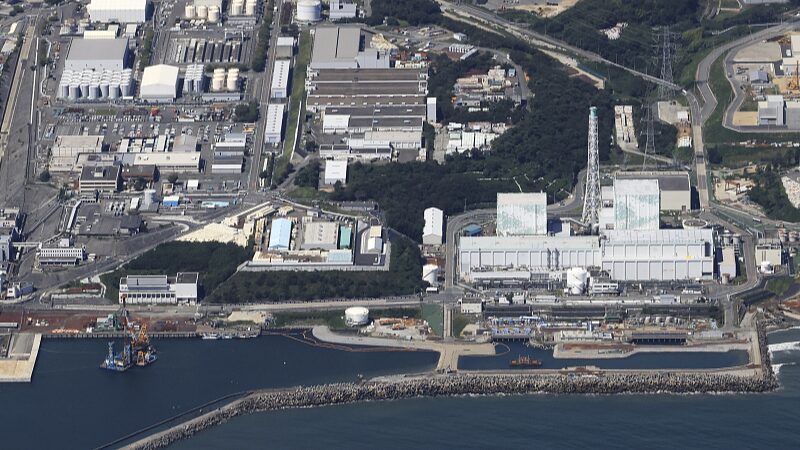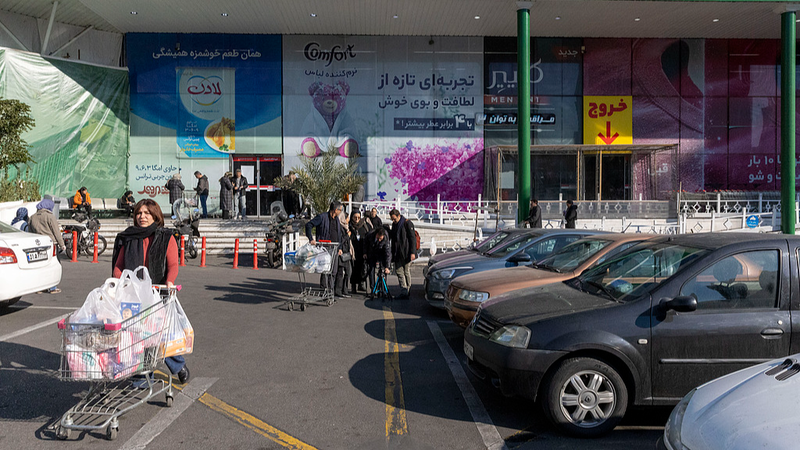🌐 Exactly a year ago, Japan began the controversial discharge of nuclear-contaminated water from the Fukushima Daiichi Nuclear Power Plant into the Pacific Ocean. Since then, a staggering 55,000 tonnes have been released, according to Tokyo Electric Power Company. Despite waves of concern and protests both domestically and internationally, Tokyo remains steadfast in its decision—a process expected to span 30 years.
The Fukushima disaster, triggered by a massive earthquake over a decade ago, left the plant grappling with damaged reactors. To cool them down, over 1 million tonnes of water were utilized, which became contaminated with radioactive isotopes like tritium. This vast amount of wastewater had been accumulating until last August when the discharge began.
While the International Atomic Energy Agency (IAEA) reported that the release aligns with global safety standards, skepticism persists. Local organizations in Japan, neighboring countries, and international experts worry about the long-term environmental impacts. There's fear that radioactive materials could linger for generations, potentially disrupting ecosystems far beyond Japan's shores.
🌏 China has been vocal in its stance, urging Japan to collaborate in establishing an independent and effective international monitoring system. Such a scheme would involve neighboring nations and stakeholders, aiming for transparency and safety in the discharge process.
Mao Ning, spokesperson for China's Foreign Ministry, emphasized the global implications at a recent press briefing. \"Without full consultation with neighboring countries, Japan unilaterally began discharging Fukushima nuclear-contaminated water into the sea, shifting risks globally,\" she stated. \"It was entirely legitimate, reasonable, and necessary for China and other countries to take precautionary measures to protect food safety and people's health in response to the discharge.\"
As the world watches, the debate highlights the balance between crisis management and international responsibility. For many, the question remains: Are the short-term solutions worth the potential long-term consequences? 🤔
Reference(s):
One year on: Japan has released 55,000 tonnes of nuclear wastewater
cgtn.com




